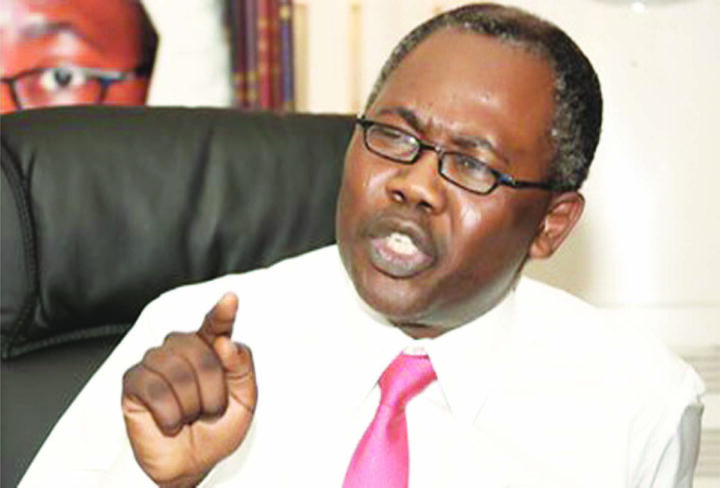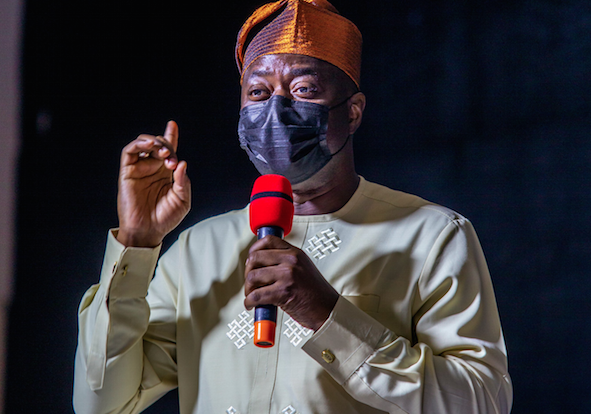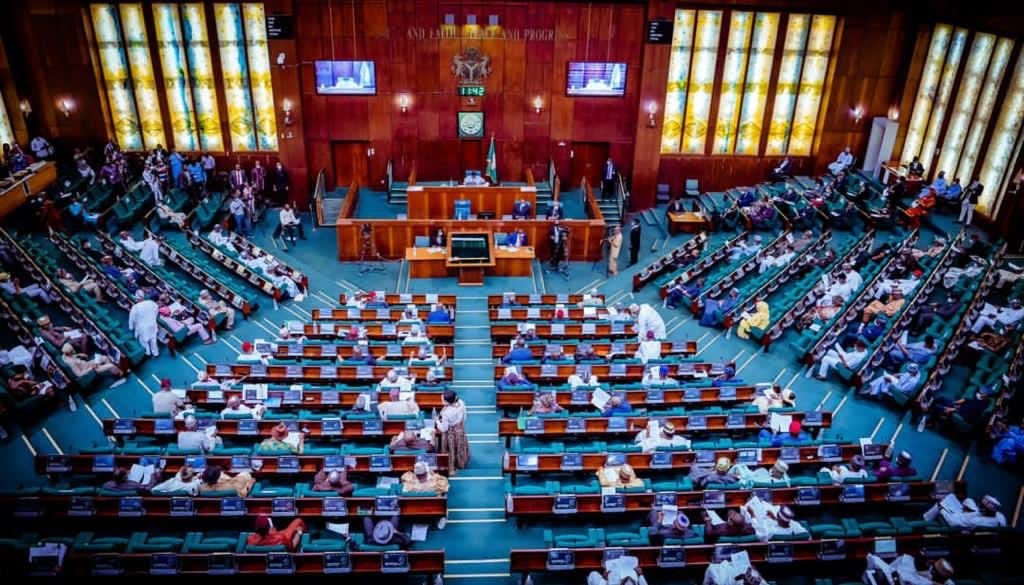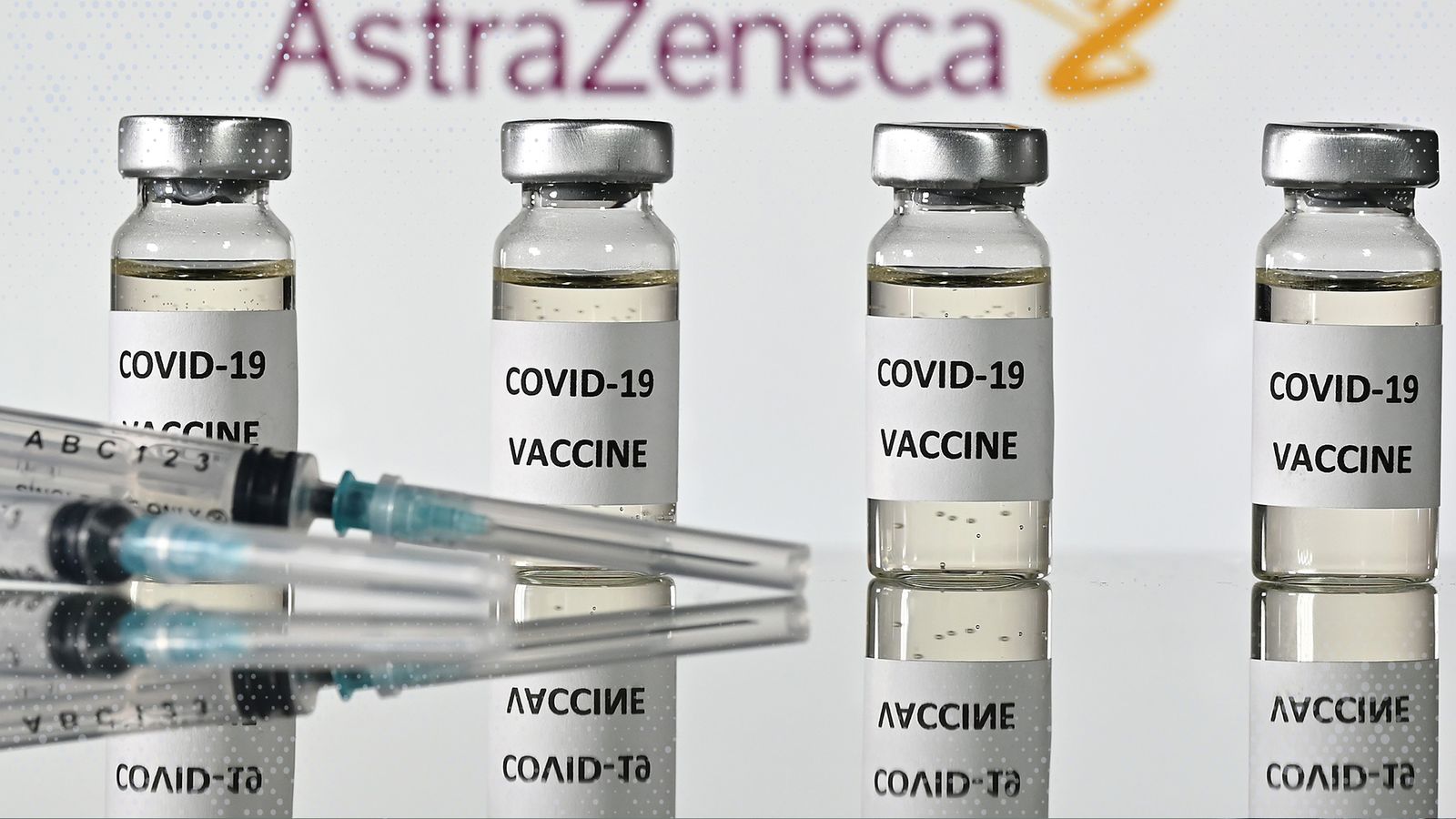Akinwumi Adesina
The African Development Bank (AfDB) has asked governments on the continent to establish a financial stabilisation mechanism for debt restructuring plan.
Akinwumi Adesina, president of the AfDB, made the call on Tuesday, at the launch of the bank’s 2021 edition of its annual African Economic Outlook.
Debt restructuring is a process that allows a private, public or a sovereign entity facing cash flow problems and financial distress to reduce and renegotiate its delinquent debts to improve or restore liquidity so that it can continue its operations.
A debt becomes delinquent when payment is not made by the due date or the end of the “grace period” as established in a loan or repayment agreement.
Advertisement
Adesina said African governments need to consider establishing a collective mechanism which would give Africa the fiscal space needed to deal with debts.
He said the process can be initiated by developing macroeconomic and fiscal policy reforms.
“It is high time that we set up a homegrown financial stability mechanism where we work together to mutualize our funds and ensure we avoid the spillover effects that come from global pandemics or any external shocks,” he said.
Advertisement
“We must start by making sure that we carry out the macroeconomic policy reforms and the fiscal policy reforms that we need to get done.
“Africa is not looking for a free pass. We are just looking for an equitable way in which Africa’s fiscal space gets dealt with.”
Adesina proposed a financial stabilisation mechanism as a solution that would allow African countries to agree on a set of convergent macroeconomic policies and principles and pool funds.
He said this would allow Africa “deal with the cause of the illness and not always the symptoms”.
Advertisement
The AfDB president added that the mechanism would allow countries to handle debt and re-engage in massive pro-growth investments that would help them to quickly recover from the COVID-19 pandemic.
The African Economic Outlook report estimated that Africa’s gross domestic product (GDP) contracted 2.1 per cent in 2020, leading to the continent’s first recession in half a century.
Although, GDP is projected to grow by 3.4 per cent in 2021, the report noted that African governments would require additional gross financing of about $154 billion to respond to the COVID-19 crisis.
Many African countries are indebted to multilateral agencies and bilateral lenders as a result of poor revenue.
Advertisement
In a recent data, the Debt Management Office (DMO) said Nigeria expended $243 million on debt servicing between January and December 2020.
Advertisement
Add a comment






